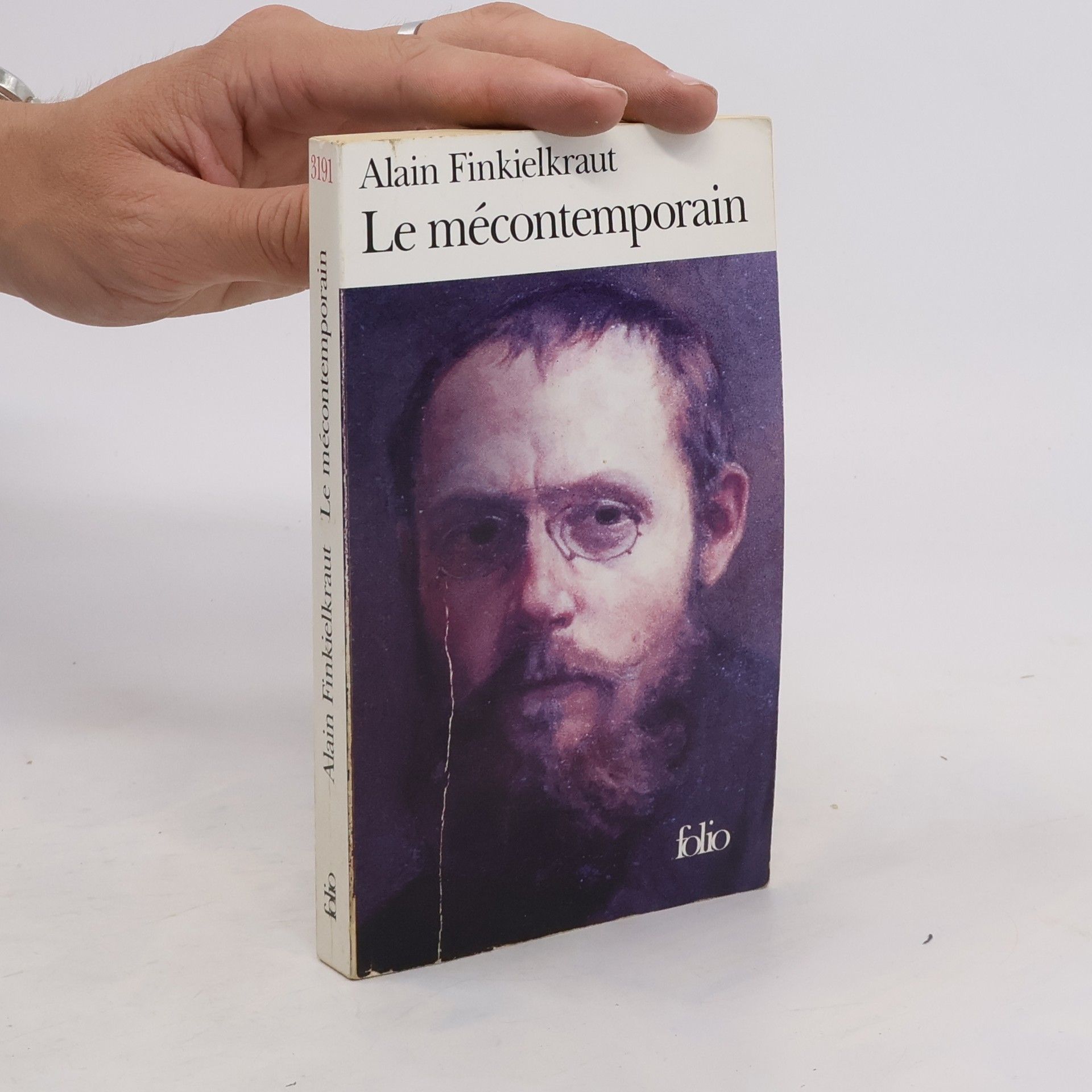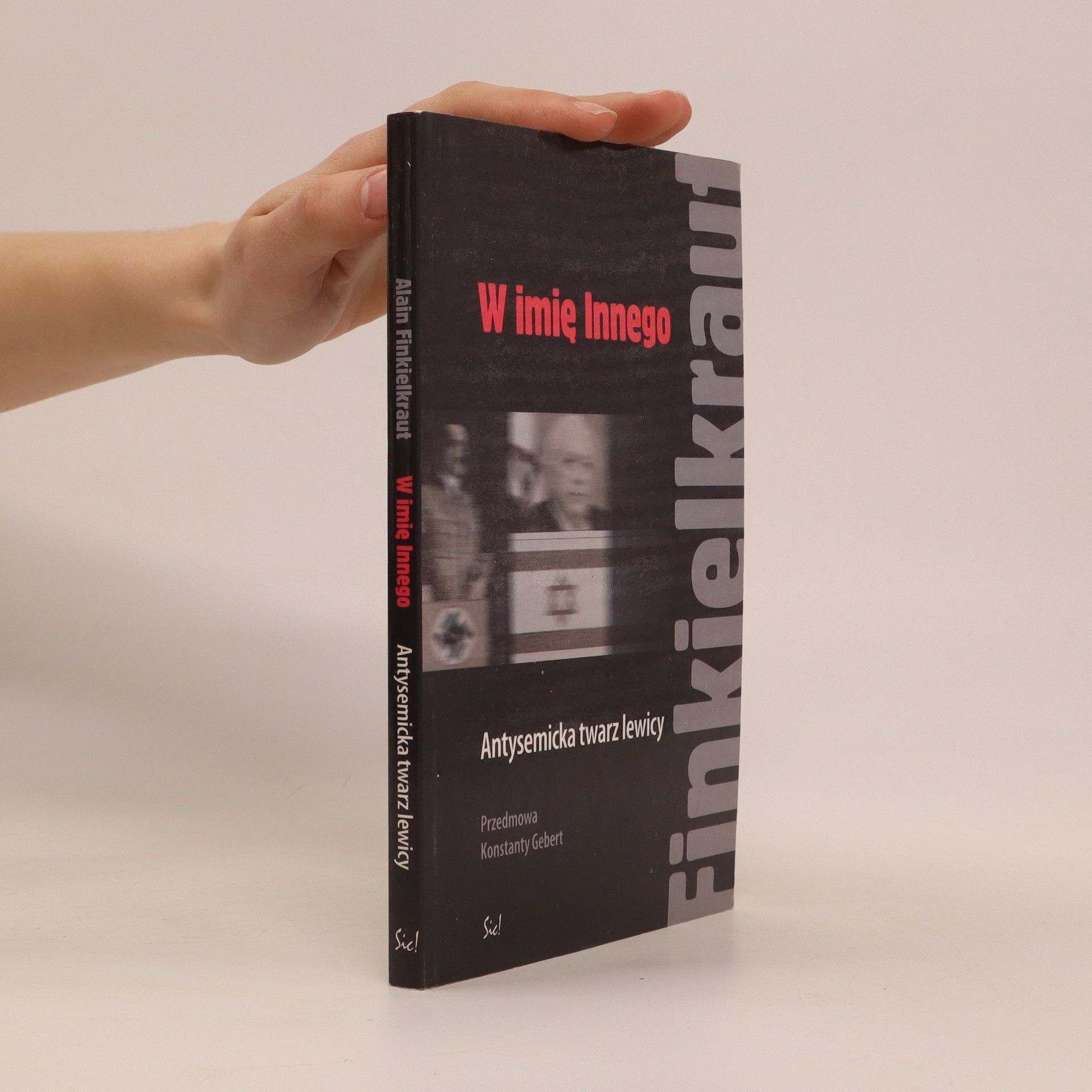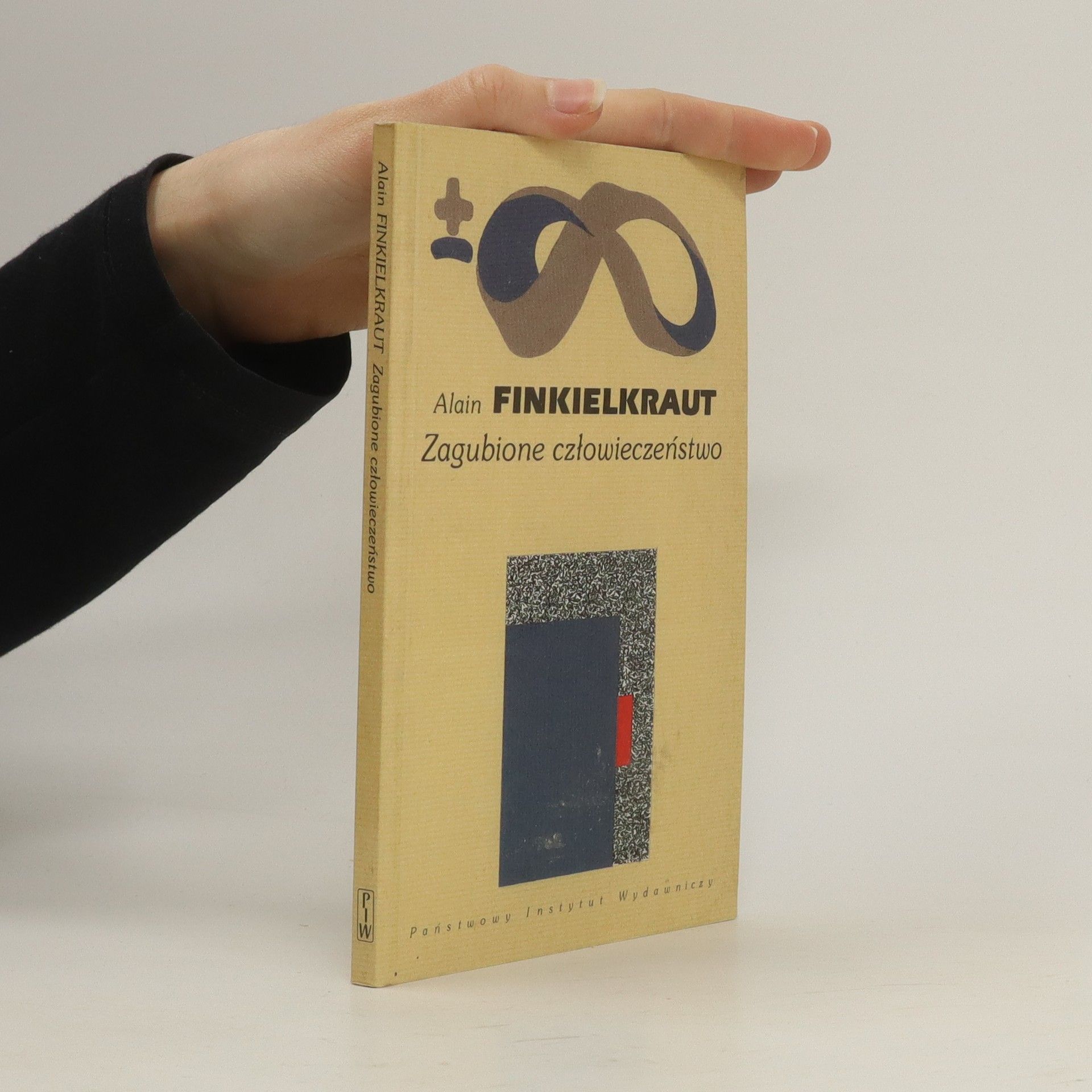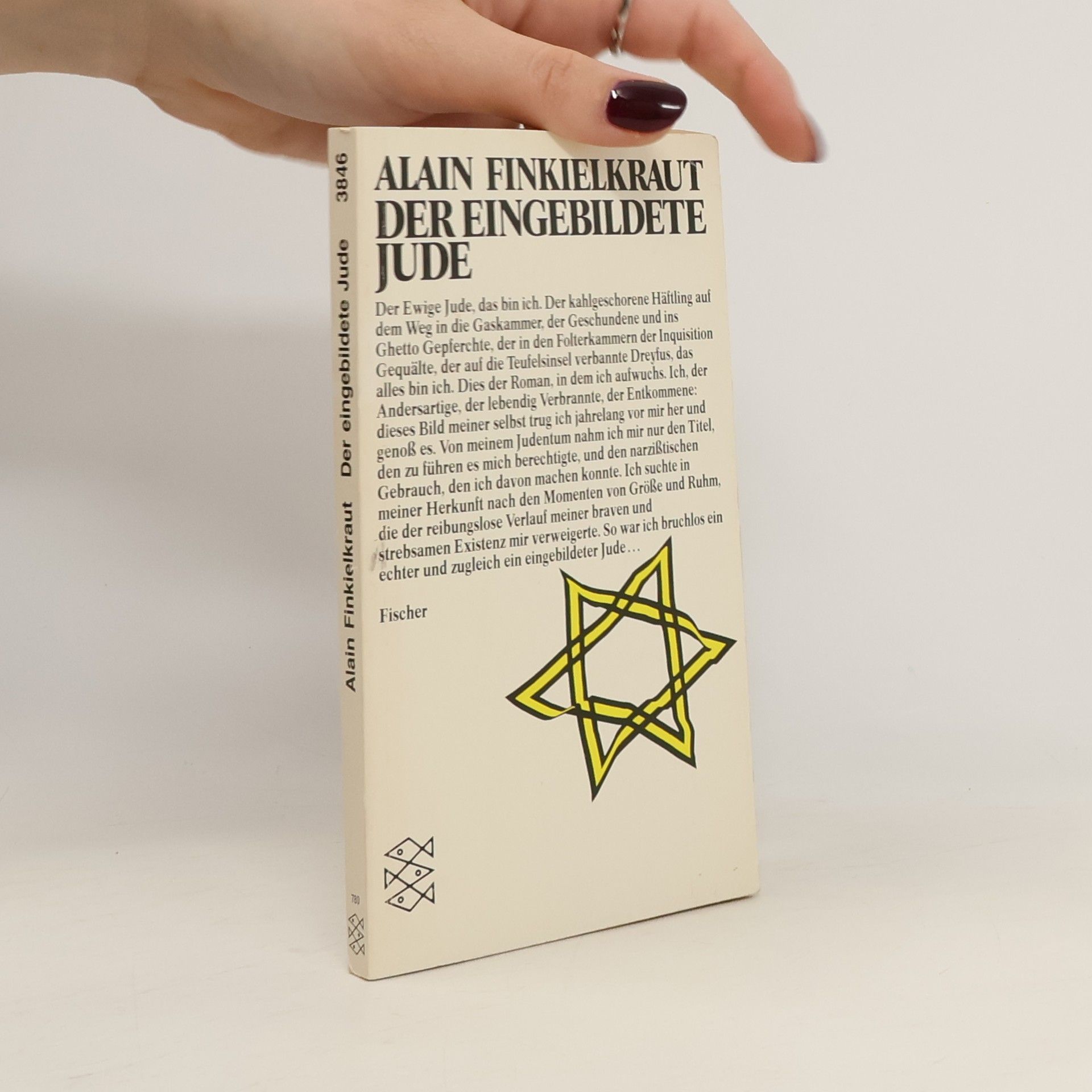Verlust der Menschlichkeit
- 176 pages
- 7 hours of reading
Die Visionen von Menschlichkeit und Menschheit haben Epochen bestimmt, Generationen mitgerissen. Wie und warum konnten sie in ihr Gegenteil verkehrt werden? Alain Finkielkraut entwirft ihre Ideen-Geschichte, um seine These vom -Verlust der Menschlichkeit- zu beleben. Das Grauen und das Entsetzen, das die beiden Weltkriege, das Nationalsozialismus und Stalinismus im 20. Jahrhundert verbreitet haben, entsprechen einander. Die Ideen von Menschlichkeit und Menschheit - so die These von Finkielkraut - können nicht unschuldig weiterverfolgt werden.









